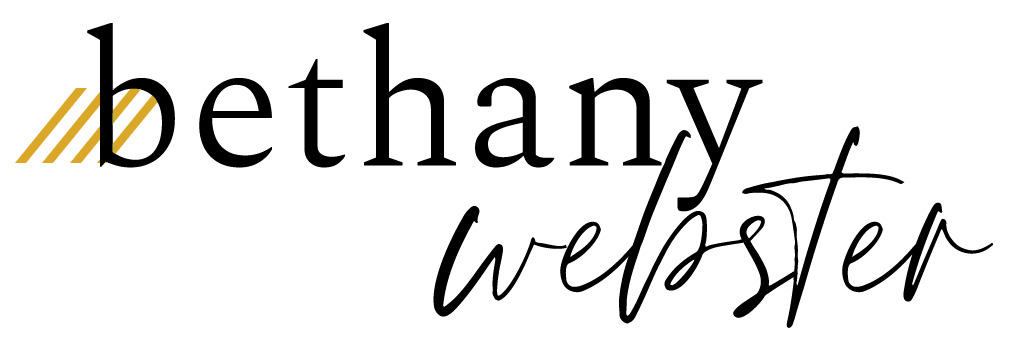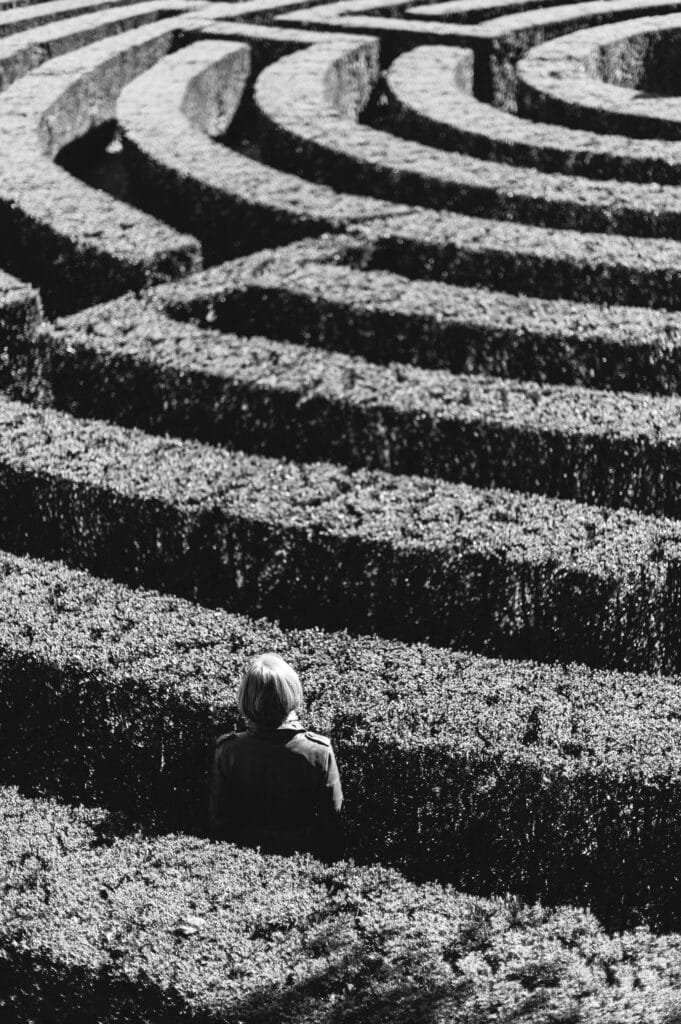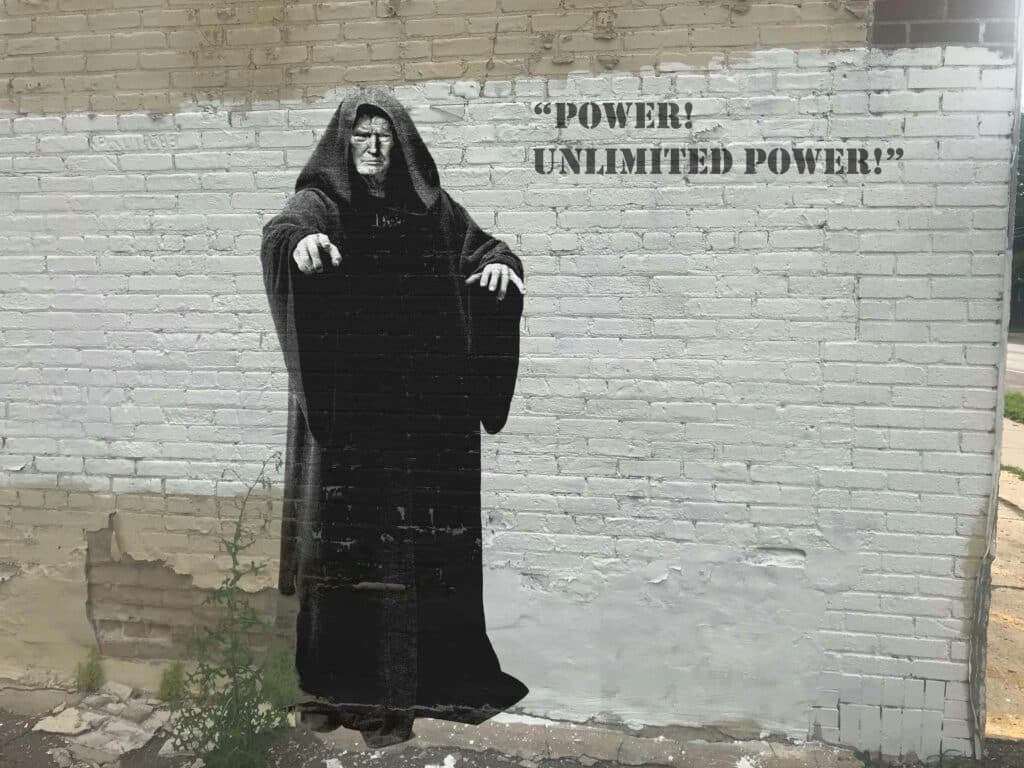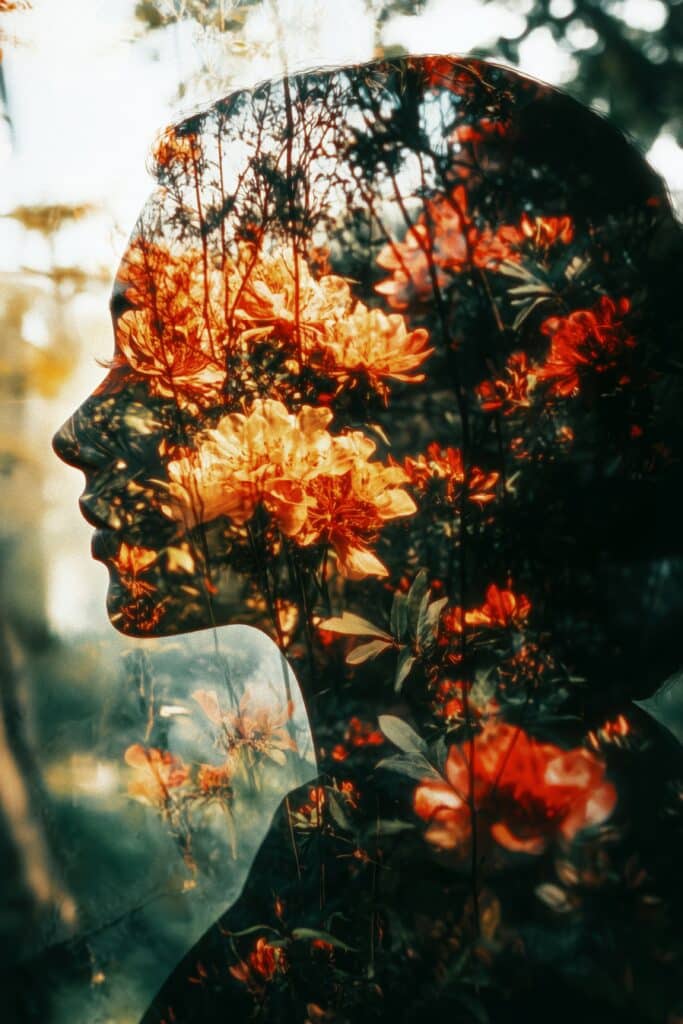The Importance of Resisting the Cultural Pressure to Ignore the Mother Wound

I posted a blog article that went viral called, “Why It’s Crucial for Women to Heal the Mother Wound.” One of the themes in the feedback I received is that some women felt guilty for being in wholehearted agreement with the article. Even though they felt great relief in reading it and totally resonated with it, some women expressed fear of their mothers finding out that they had read it because it articulated the deep pain they had been feeling in relation to her.
This struck me as a vivid illustration of the very strong cultural taboo against examining the relationship with one’s mother. Let’s look at the reasons why this taboo exists and why it’s so important to break this taboo in order to step into true fulfillment, wholeness and empowerment as women.
There are many variations of the taboo that says, “Don’t look at your relationship with your mother.” Most of these beliefs equate the desire for healing from painful feelings in relation to your mother with “mother-blame.” This is a false equivalence, a distorted view that puts a daughter who is seeking healing into the position of a perpetrator against her mother, which instills guilt and shame. This can greatly thwart her process and keep her stuck.
The tragedy is that the fear of being seen as “mother-blaming” while pursuing our own healing, may prevent us from accessing the many gifts and powerful transformation that lie within the pain of the Mother Wound.
When seeking healing in relation to our mothers, we may be encouraged to ignore our feelings and blame ourselves.
- “She didn’t have it easy. Don’t put extra more of a burden on her.”
- “Your mother tried her best. You know she loves you.”
- “Focus on the good in the relationship. You only have one mother.”
These things may well be true: your mother may love you; she may have tried her best; you only have one mother; she didn’t have it easy, AND that shouldn’t be cause for you to swallow your pain, stop seeking healing, and silence yourself. This silencing is in accordance with the silencing of women as a whole.
The underlying message is, “Bury your pain. Don’t be inconvenient.”
There is an interesting paradox operating here: As daughters, we don’t want to be in alliance with the patriarchal culture that perpetrates against our mothers, so we turn away from the opportunity to examine the relationship for insight and healing. We’re taught to think of this willful ignorance as beneficial and protective to her and to ourselves. But it is precisely when we turn away from the opportunity to heal the Mother Wound, that we actually are in cahoots with the patriarchy, because we are then enabling our own oppression, stuckness and smallness.
We must resist the cultural pressure to deny unpleasant thoughts and uncomfortable emotions in relation to our mothers. This task of resistance is essential to our realization of wholeness.
Not healing the Mother Wound is very costly. If we ignore the pain of the Mother Wound, we risk living our lives indefinitely with persistent feelings of deep shame, self-sabotage, competition, comparison, self-doubt and attenuation. We also risk passing it along to our daughters and sons. The template that we inherited from our mothers (with its patriarchal distortions) will remain intact until we consciously act to transform it so that we can live in alignment with our deepest truth and thus experience deep fulfillment.
We fear being complicit with the damaging cultural paradigm of mother blame. But “mother-blaming” is very different from healing the Mother Wound. This is an important distinction: Mother-blame is avoiding responsibility and healing the Mother Wound is a form of taking personal responsibility.
Accessing your truth and power is worth the risk of being misunderstood and misperceived by others.
Healing the Mother Wound is a process of gaining clarity on the predominant dynamics with our mothers that impacted our early development and our choices as adults. It also involves processing the challenging emotions that accompany those dynamics for the purpose of healing and discovering our authentic self. Eventually we reach a place of insight, wisdom, acceptance and gratitude.
“Mother-blame” is different than healing the Mother Wound. “Mother-blame” is characterized by:
- Complacency and a sense of victim-hood
- A way of hiding from your own power
- Projecting unprocessed anger and avoiding underlying grief
In the healing process, there may be moments of experiencing challenging emotions towards our mothers like sadness, rage, disappointment, etc. They are temporary places on the cycle of healing. If we stick with the healing process, those feelings eventually transform into peace and acceptance.
We have to believe that we are worth it and have what it takes to come out the other side of this wound.
Healing the Mother Wound is a personal journey which does not require that your mother heal herself. The focus is on YOU and your own healing and transformation. However, it is very possible that your own healing process may trigger your mother in some way. The trigger can be viewed as a valuable opportunity; an opportunity for mother and daughter to potentially come to deeper understanding. It could also be an opportunity for the mother to reflect and have insight on herself and her own life, if she is willing.
It’s interesting that we can only come to genuine acceptance and gratitude for what our mothers could give us only after we have honestly acknowledged the difficult feelings we may have about what she could not give us.
Healing the Mother Wound is characterized by:
- Examining the mother/daughter relationship with the intention to gain clarity and insight in order to create positive change in one’s life.
- Transforming limiting beliefs you’ve inherited with the intention of adopting new beliefs that fully support you in flourishing as your authentic self.
- Taking responsibility for your own path by becoming conscious of previously unconscious patterns and making new choices that reflect your true desires.
Healing the Mother Wound is a powerful catalyst for exponential growth; for discovering and living as our authentic self. When we examine and reflect on the Mother Wound, we gain powerful clarity about who we really are, and what our genuine wants and needs are. It’s a chance to articulate our deepest self, and to live in alignment with that.
There’s an old belief that says, “Only one of us can win.” This is a patriarchal belief that unconsciously manifests in dynamics of competition and dominance between family members, including mothers and daughters. We can replace this unconscious belief with a new belief: “I can validate and heal myself without the need to condemn you.” As we live from this new paradigm, we may experience backlash from others who still subscribe to the old patriarchal beliefs. However, we mustn’t give up in the face of backlash, but continue to stand firm in our integrity and get the support we need to live our truth.
It’s important that you know there are no guarantees. Our own healing does not necessarily mean that we will have a better relationship with our mothers nor does it mean that our mothers will also seek their own healing. Accepting this unknown is part of surrendering to the organic process of healing and trusting it will deliver us to our highest good. It’s the risk that we have to take.
Healing the Mother Wound is not a rejection of mother, it’s a powerful form of claiming oneself as whole.
Because our relationships with our mothers served as the foundation for our relationship with ourselves, they offer massive potential for growth and transformation. That is the point of healing the Mother Wound; not to blame, not to judge or reject one’s mother. But to experience the peace and freedom of self-actualization, which is the birthright of every woman.
Art credit: David Et Myrtille




